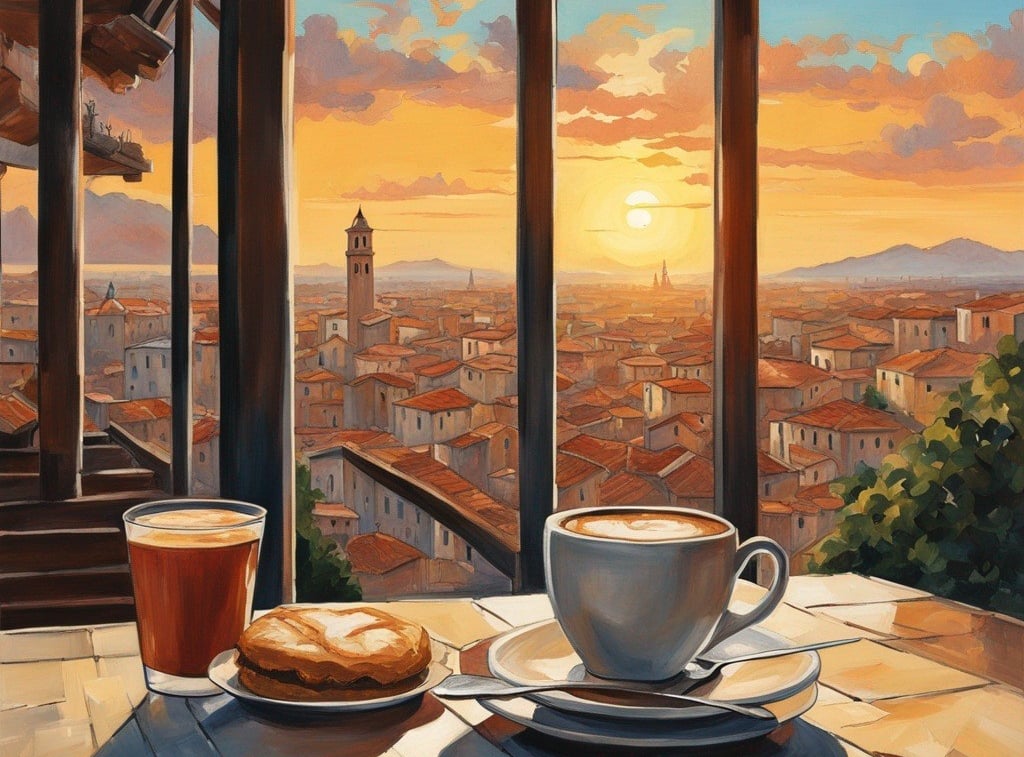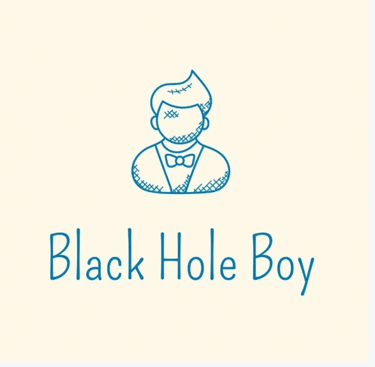Sunrise Coffee: The Soul of Romania in a Cup
There's something profoundly moving about watching a Romanian sunrise from a terrace in the old town, coffee in hand, as the terra-cotta rooftops catch the first golden rays of daylight. This moment captures the essence of Romania – a country where time seems to stretch differently, where ancient traditions and modern aspirations dance together like the morning light across the Carpathian foothills.


The First Sip: Awakening to Romania
I found myself in a small pension in Sibiu, having arrived the night before after a winding journey through the Transylvanian countryside. The hostess had insisted I take my morning coffee on the upper terrace – "To understand Romania, you must see her wake up," she told me with the kind of conviction that brooked no argument.
Now, as I cradle the small ceramic cup of Romanian coffee – strong, slightly sweet, and with that distinctive Turkish influence that speaks to the country's complex history – I understand exactly what she meant. Below me stretches a tapestry of architecture spanning centuries: medieval structures with their distinctive "eyes" (the small attic windows particular to this region), baroque influences from the Austro-Hungarian period, and the occasional concrete apartment block – a stark reminder of the communist era that still casts long shadows across Romanian consciousness.
The light changes moment by moment, illuminating different facets of this remarkable country. Just as Romania itself cannot be understood in a single glance, the sunrise reveals its layers gradually, patiently.
The Language of Rooftops
From my vantage point, I can trace Romania's story through its rooflines. The older buildings huddle together in organized chaos, their weathered tiles speaking of resilience through harsh winters and scorching summers, through occupation and revolution, through feast and famine. The church spires – Orthodox, Catholic, and Protestant – tell tales of faith that survived even the most determined attempts to eradicate it during the Ceaușescu regime.
A street vendor calls out below, her voice carrying the melodic quality of the Romanian language – that curious Latin tongue surrounded by Slavic neighbors, another testament to the country's unique heritage as an island of Romance language in Eastern Europe. She sells covrigi, those distinctive Romanian pretzels dusted with salt or poppy seeds, their smell now mingling with my coffee aroma as the city fully awakens.
The Rhythm of Romanian Life
As I sit longer, the rhythm of Romanian life emerges. Elderly men gather at corner tables, gesturing expressively over their own coffee cups, debating politics and football with equal passion. Young professionals hurry past with briefcases, many headed to the technology hubs that have transformed cities like Cluj-Napoca and Bucharest into European Silicon Valleys. Romania stands at this fascinating intersection – deeply traditional yet surprisingly cutting-edge.
A group of schoolchildren passes below, their laughter echoing off medieval walls. They represent Romania's future, a generation born after the revolution, who know communism only through their parents' stories and history books. Their Romania is one of EU membership, of increasing prosperity, of possibilities their grandparents could scarcely imagine.
Yet there's something timeless here too. The way an old woman pauses to cross herself when passing a church, the careful tending of window boxes bright with geraniums, the respectful greetings exchanged between neighbors – these customs anchor Romania in traditions that have weathered centuries of change.
Coffee as Witness
My coffee has cooled now, but I'm reluctant to finish it. There's a Romanian saying: "Coffee should be like life – hot as hell, strong as death, and sweet as love." This cup has been my companion as the day has revealed itself, as Romania has shown me a glimpse of her soul.
I think about how coffee culture here represents Romania's broader cultural position – influenced by Ottoman traditions, shaped by Western European café society, yet distinctly its own. Romanians don't just drink coffee; they experience it. A coffee invitation is never just about caffeine; it's an opportunity for connection, for the kind of unhurried conversation that seems increasingly rare in our hyperconnected world.
Lingering Light
As the morning advances, I finally drain my cup. The dramatic sunrise has given way to the clear blue skies that bless Romania through much of summer. Below me, the town is fully awake now, markets bustling, the sounds of life rising up like steam from my empty cup.
What strikes me most about Romania is this contrast – between dramatic beauty and everyday pragmatism, between a troubled history and a hopeful future, between melancholy and joy that seem to exist simultaneously in the Romanian spirit. Like the sunrise I've just witnessed, Romania reveals itself in layers of color and light, asking visitors to look deeper, to stay longer, to understand that first impressions rarely tell the complete story.
I leave a few lei beside my empty cup and make my way downstairs, ready to explore the streets I've been observing from above. But I know that this moment – this singular Romanian sunrise, this perfect cup of coffee, this glimpse into the soul of a nation from a terrace overlooking terracotta rooftops – will remain with me long after my travels end.
Romania doesn't just welcome visitors; it infuses them with its spirit, as rich and complex as the coffee that starts each Romanian day. And like that first sip of morning coffee, once experienced, it's impossible to forget.
Get in touch


